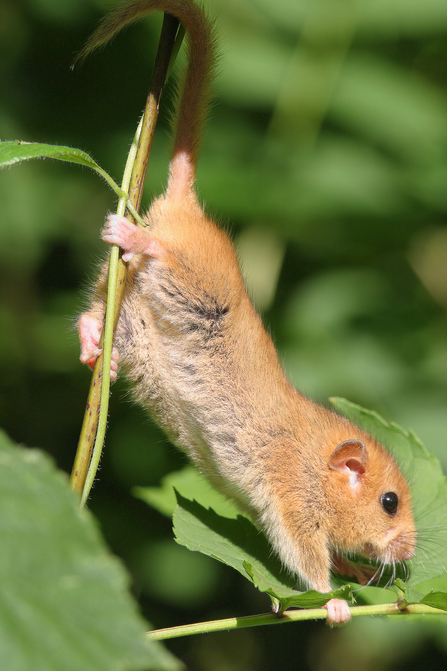In July the Mammal Society produced a report on behalf of Natural England, looking into the populations of all of our native mammal species. They used the very best evidence we have and drew on numerous bodies of research. The result is sobering, on a national scale at least. Out of 47 mammals for which we have enough data, 11 of them are at risk of extinction.
Now, we often think of extinctions as happening somewhere else, mammals bordering on the abyss caused by deforestation, pollution or poaching. They roll off the tongue like someone else’s bad school report: Sumatran tiger, white rhino, Chinese river dolphin. But here in England? Surely not! I’m afraid, yes, and not only that, but it is the species which are now listed as endangered or vulnerable to extinction that are perhaps the most startling. Dormouse, water vole, hedgehog. Hedgehog?! Yes, hedgehog. Hedgehog are now officially classified as endangered in the UK. Now clearly there are still hedgehog pottering around our gardens and countryside, but it is the rate of decline that is so alarming, a rate surpassed perhaps only by water vole, which has seen a 95% decline in recent years.

